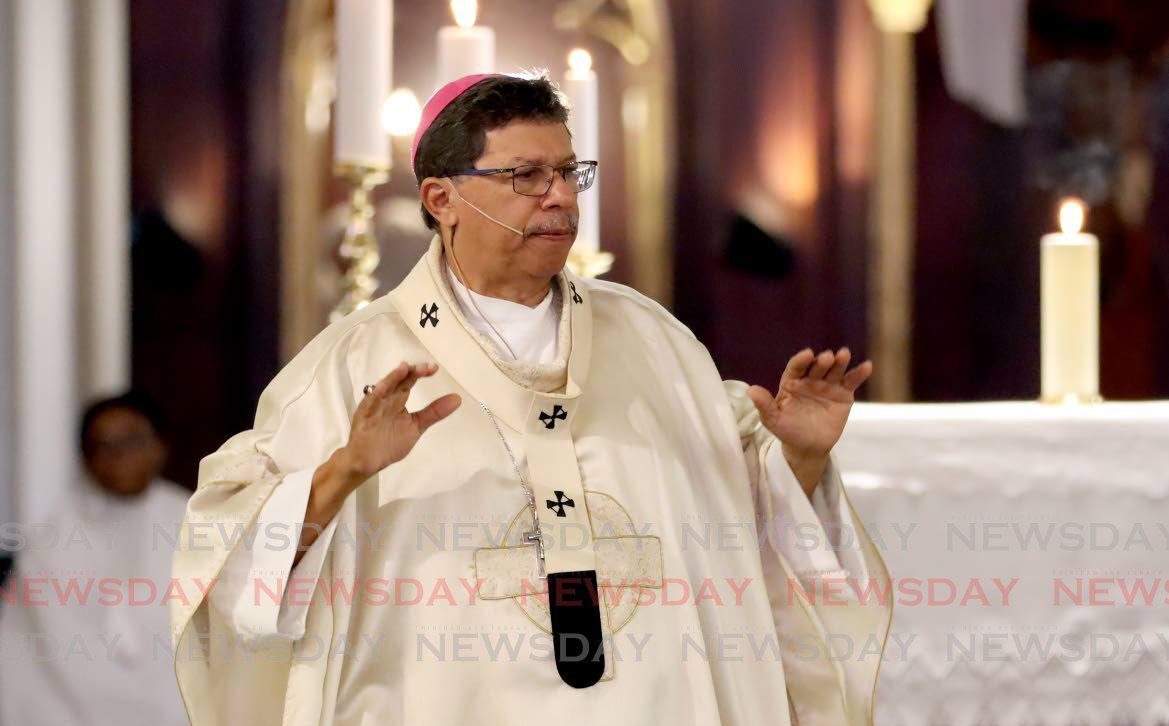The Catholic Church has voiced strong opposition to Trinidad and Tobago’s (TT) government’s recent decision to conduct mass deportations of detained Venezuelan migrants. In a statement issued on November 17 by the Catholic Commission for Social Justice (CCSJ) of the Archdiocese of Port of Spain, the Church expressed solidarity with the Antilles Episcopal Conference (AEC), Archbishop Charles Jason Gordon, and the Conference on Theology in the Caribbean Today (CTCT). The CCSJ raised concerns over escalating geopolitical tensions in the Southern Caribbean, including lethal military strikes on vessels suspected of drug trafficking and the growing humanitarian crisis affecting migrants across the region. The Church warned that the Caribbean’s longstanding reputation as a ‘zone of peace’ is under threat, particularly with the significant presence of US military forces, including the USS Gerald R Ford, in the Caribbean Sea. The CCSJ urged regional leaders to prioritize dialogue over confrontation and to consider the potential repercussions of US President Donald Trump’s actions on TT and the wider region. The commission criticized the US naval operations near Venezuela, which have led to the deaths of 83 people since September, raising fears of extrajudicial killings. The CCSJ emphasized that such actions violate international human rights laws and Catholic teachings on the sanctity of life. While acknowledging TT’s right to secure its borders, the Church insisted on adherence to international law, particularly the principle of non-refoulement, which prohibits returning refugees to countries where they face persecution. The CCSJ also highlighted the closure of the UNHCR national office in TT, which has exacerbated the crisis by leaving thousands of migrants without access to registration or protection. The Church called for political restraint, regional unity, and diplomatic efforts to maintain peace. It urged Caribbean governments to prioritize humanitarian protection and to strengthen regional diplomacy. The CCSJ announced plans to expand partnerships with civil society to support migrants and refugees, emphasizing that they are ‘children of God’ and not political pawns. The commission recommended a pause on mass deportations, renewed engagement with UNHCR and the International Organization for Migration, and the incorporation of the 1951 Refugee Convention into TT law. Additionally, it called for public education to counter misinformation and promote solidarity, as well as collective action to safeguard human dignity.
